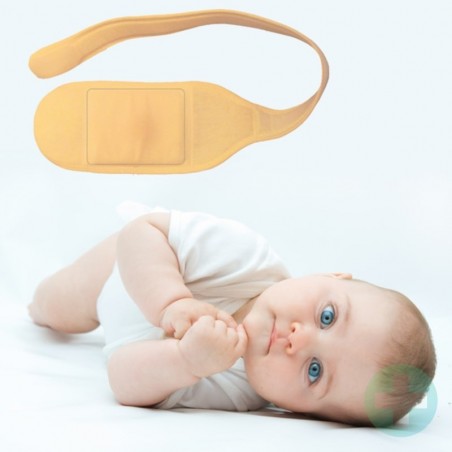
Hernias occur when an organ pushes through a weak spot in the abdominal wall. The condition can also occur in the upper thigh and groin area. Generally, this problem is caused by muscle weakness or overexertion. Hernias often result in pain and bulges. If the problem is causing you problems, hernia treatments are available. However, you should be aware that hernias can be dangerous. Fortunately, there are effective treatments available.
Surgical repair is another option. Surgical repair involves closing a hernia with sutures or mesh. This procedure requires an incision in the skin. Laparoscopic repair involves making small incisions in the abdomen to fix the hernia. The surgery is less invasive and has shorter recovery times. The recovery time from this procedure is significantly less than with open surgery. Ultimately, the treatment will depend on the severity and location of the hernia and the patient’s health and lifestyle.
Hernia surgery is often the only option for repairing the hernia. Although the process is invasive, it is effective in most cases. Open surgeries are the most common choice. They require a small incision in the skin and use sutures to close the hernia. Patients may also be recommended to undergo laproscopic surgery to correct the problem. Surgical treatments like laparoscopic surgery can help patients recover faster.
Other treatments for hernias include a special type of X-ray called barium swallow. The X-ray of the upper portion of the stomach can show a herniated muscle near the diaphragm. To get the full picture, patients must drink a special solution containing barium. The specialist will analyze the digestive system and determine the hernia. If a hernia is discovered, the procedure can help resolve the problem.
Hernia treatment varies depending on the size of the hernia. If the hernia is small, an over-the-counter antacid may be sufficient. If the condition is severe, the surgeon may recommend a thin tube with a camera called a laparoscope. During this procedure, the surgeon places stitches in the opening to close the hernia. The surgeon will then stitch the incision, which will strengthen the muscle and prevent the hernia from recurring.
If the hernia is large and requires surgery, the procedure will be risky and may not be safe. Many patients may have other medical conditions that make surgery risky. This is why doctors must carefully evaluate each patient’s individual situation. If you have a large hernia, it may not be safe for the patient. This surgery is risky, so your doctor will recommend another method.

The most effective hernia treatment methods listed on the website https://emeovat.com/
will help you feel better and return to normal activities faster. During hernia operations, the surgeon may use a laparoscope to look inside the abdominal cavity. The surgeon can then use a laparoscope to push the hernia back into place. If you decide to undergo laparoscopic hernia repair, you will most likely need general anesthesia.
Reducible hernias can be repaired using laparoscopic surgery. In this procedure, the hernia is repaired using mesh and sutures. A weakened diaphragm can lead to difficulty swallowing and heartburn. This type of hernia can be treated with laparoscopic surgery, but you may have to spend some money on this procedure. Laparoscopic surgery can be very expensive.
There are two main types of hernia surgeries: open and laparoscopic. Both methods are effective. The open surgical method involves making several small incisions in the abdominal cavity. Hernia repair is performed in an open manner. During a laparoscopic procedure, the abdominal cavity is filled with carbon dioxide to make room for the surgeon. Repairs can be performed without anesthesia, which is less invasive than open surgery.
Surgical treatment for a hernia can be either mild or severe. In cases of severe hernia, the surgeon may suggest surgery. Open surgery involves making several incisions in the abdominal wall. The esophageal sphincter is responsible for holding the stomach in place. In case of severe hernia, emergency surgery is recommended. If symptoms are severe, you should seek emergency medical attention to ensure the best possible recovery.